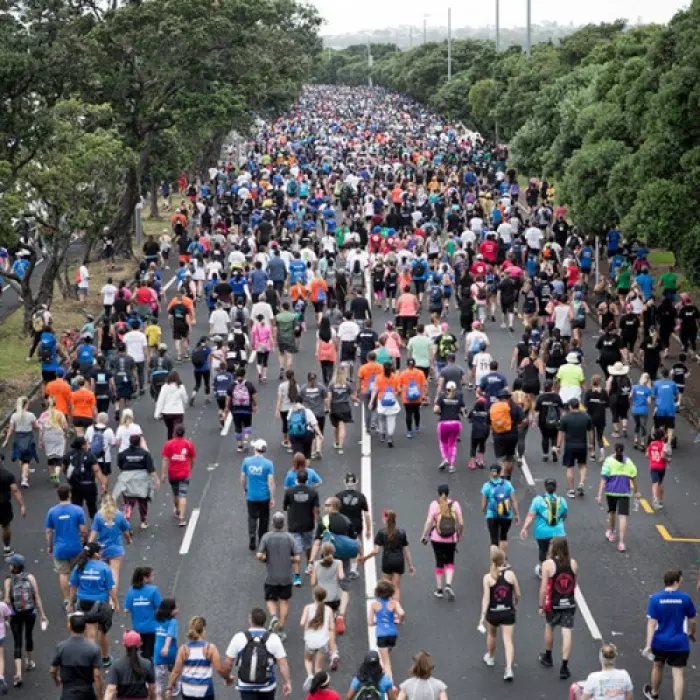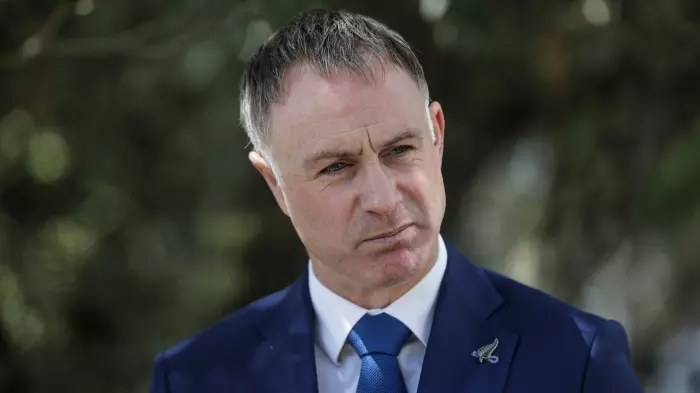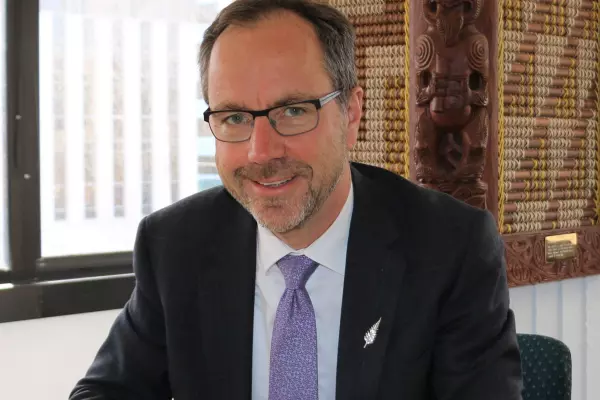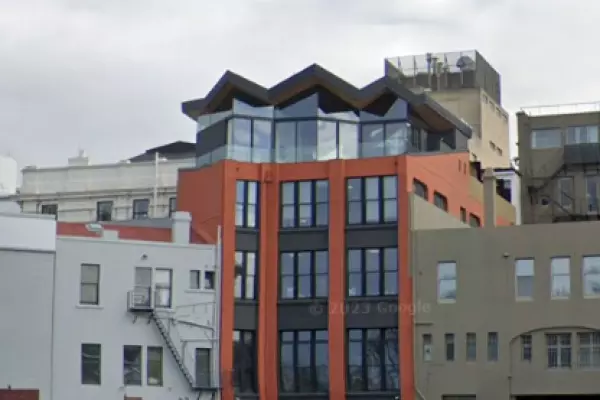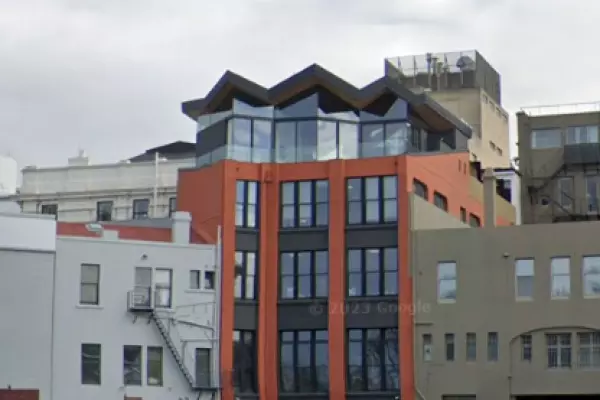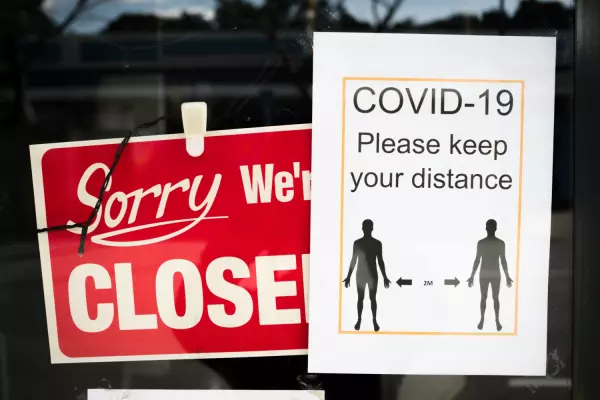Viv Beck, chief executive of Auckland's central business association Heart of the City, says the drop to level 2 lockdown restrictions and new resurgence payment for covid impacted businesses are welcome, but “it will continue to be the same businesses shouldering the impacts”.
Those, she said, will be retail, hospitality and events, particularly given the on-again, off-again limitations on gatherings, which were also serving to undermine ongoing confidence in managing the pandemic.
She said core city businesses, by the association's estimate, were losing on average about $23 million in business per week under level 3, and $10 million a week under level 1.
On a broader scale, David Norman, Auckland Council chief economist said job losses under last August’s level 3 had tracked at between 190 and 200 jobs per day, with GDP losses for the city in the region of $30 million to $40 million a day.
Meantime, the three-day level 3 restrictions in Auckland and level 2 alert levels elsewhere have claimed several large events as victims, notably the Napier Art Deco Festival, which had been expected to attract 40,000 visitors as well as engineering and industrial automation trade show EMEX, which was to have been held at the Auckland Show grounds this week.
NZ Events Association general manager Ségolène de Fontenay said the latter, which already had more than 190 exhibitors lined up, had cost organisers an estimated $500,000 given it was the second time the event had been shelved.
Round the Bays at risk
De Fontenay listed a larger number of postponements, with events centred around The America’s Cup, the Auckland Home Show, and the Round the Bays run, scheduled for Feb. 28, unlikely to take place unless Auckland dropped below level 2.
Others, like the Electric Avenue music festival and earthquake anniversary events in Christchurch, Vinyl in the Vines event in Marlborough, and the Weet-Bix Kids Tryathlon, could now proceed.
But with a spate of booking cancellations in the wake of the level 3 restrictions, hotels were “unlikely to recoup” anything back from lost revenues, said James Doolan, strategic director of the 140-member Hotel Council Aotearoa.
That would put smaller hotels almost immediately on the list for the new resurgence support payment, which was aimed at companies with fewer than 50 employees.
Doolan said while the support package was welcome, the changes don’t address the urgent needs of hotels or recognise that some businesses can claw back temporarily-lost revenue through pent-up demand.
But because hotels typically had a “ramp up” period after opening to build forward bookings, which has been lost under lockdowns, they will now need to ramp up again.
Those impacts weren’t limited to the Auckland market, with Auckland lockdowns having an “almost immediate negative” effect for almost every hotel in the country, given it is the main source for domestic travel.
One of the country’s biggest hotel groups, Millennium & Copthorne Hotels, which operates the Millennium, Copthorne and M Social hotel brands in NZ, confirmed there had already been mass booking cancellations because of the latest covid lockdowns.
The NZX-listed group said while it was unable to forecast the extent of the financial impact, there would certainly be impacts on its February results.
The group’s overall earnings from its hotel operations have already fallen 94 percent to $1.9 million for the year to December 2020, which MCK managing director BK Chiu likened to “owning a shop where over 70 percent of our customers were stopped from entering,”
With three of the group’s 20-strong hotels - Copthorne Rotorua, Kingsgate Greymouth and Kingsgate Te Anau – remaining closed since last year, average occupancy through the group, fell to 39.2 percent and average revenue per available room at $66.17, supported largely by its two managed isolation facilities – the Grand Millennium and M Social Auckland.
Keen to work with government
NZEA’s De Fontenay said while the events industry was also keen to keep working with government, Tourism Minister Stuart Nash had yet to respond to NZEA proposals for government to underwrite events “so planning and delivery of events can carry on throughout the country, and help drive the most needed domestic tourism.”
To date, support has been limited to the prior government’s prior wage subsidy support, $10 million fund for the events sector, which has all been distributed, and the $50 million events fund, now sitting at regional level for allocation.


